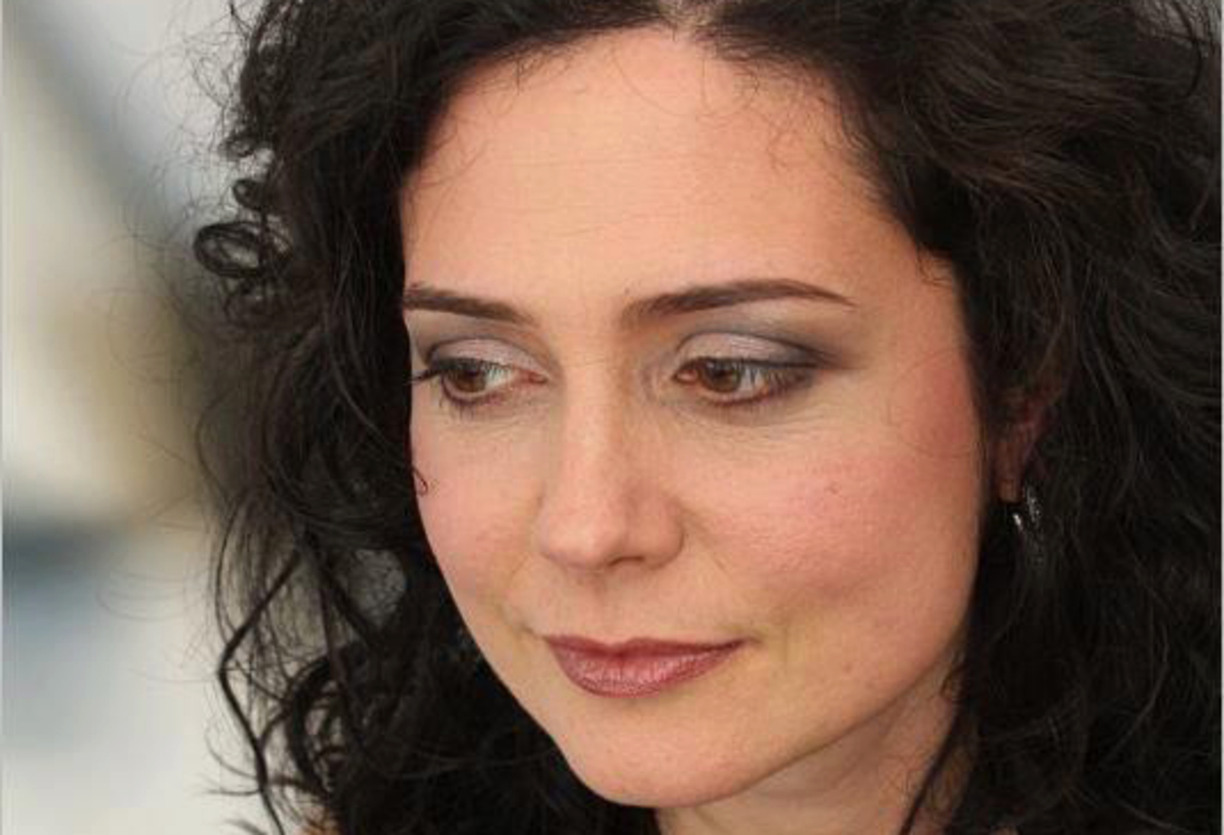
Meet a teacher – Katherine Osborne
Katherine Osborne is a Senior Lecturer in Musical Performance and teacher of opera. Although she was born and raised in New Orleans, the capital of jazz, her heart has been in classical music since childhood.
– I do like jazz and rock too. My parents had a lot of good records in all kinds of genres. My father is an amateur classical oboist. I think he inspired me to go in the classical direction.”
For a long time she thought about leaving the USA to experience something new. She got her chance when a colleague invited her to teach at a summer opera academy in Härnösand, a coastal town in the middle of Sweden.
– I had a lovely time there and gladly returned four times. I even met students in Härnösand who are now studying here in Piteå. I was not sure I wanted to move to Piteå at first. After all, it’s a big decision to move abroad. What convinced me were the students and teachers here at the School of Music who made me feel so welcome. And I love walking along the water and through the forests!”
Thanks to the relatively small size of the programme, its general approach and the open attitude among her colleagues, Osborne feels she has the freedom to design a scheme that best fits each individual student. Experimentation is a vital part of her teaching method.
– My method is derived from my own experience as a student. As a singer you spend a lot of time trying to figure out what your instrument is and can do. When I began, I had no idea what my voice was or how I wanted it to develop. I think that’s pretty common!”
In the first year the students spend a lot of time just trying out sounds and experimenting with what they can do with their voice.
– The voice is such a versatile instrument that there’s a risk you can get stuck with one concept of your sound that might be limiting. Singing sounds so different inside of our heads than when it emerges into the concert hall! Classical singers may find a tone that they like but that does not mean it will carry over an orchestra or sustain them through an entire performance. We have to keep our minds open and let our voices change and develop with time and experience.”
– That’s why we also spend lecture and discussion time learning about singing voice anatomy, physiology, acoustics, and health. We have to really know our instruments to master them!”
During a performance anything can happen, thus the students must learn to cope with distraction. Therefore, Katherine Osborne has a number of methods to challenge their concentration during practice.
– For example, I can ask the piano accompanist to skip a measure or ask other singers to make unexpected noises or movements. We often sing in different spaces to experience new acoustics. Once I threw a necktie at a student who, without blinking, caught it with one hand and integrated it into his acting. I want my students to reach the point where they can say: ‘Nothing can throw me off!’”
Learning how to communicate with different singing and instrumental ensembles is also a vital part of the training. You must be able to listen to the timbre of different instruments while you sing to coordinate the vocal line with the ensemble, and know which one is the most important to follow at different times. While doing that, you must communicate with your scene partner and with the conductor.
As an opera singer, you must also be skilled in stage acting and theater techniques. Katherine Osborne thinks that most students today have watched far more acting on a movie screen than in live theater, so stage acting can feel unnatural at first. In a movie you can do close-ups and communicate with small gestures, but on a big stage with an audience seated farther away you have to make everything bigger.
– In September 2020 we had a guest instructor working with the students on the art of gesture in Baroque opera, which are very dance-like and fluid. By studying this older form of gesture, students find a wider vocabulary of movements to choose from in their scenic work.”
One of the best things about The School of Music in Piteå according to Katherine Osborne is its open atmosphere.
– Here you will discover a supportive environment where you are encouraged to experiment with your voice without labelling such experimentation as ‘mistakes’. That is a vital part of my teaching. Perfect is the enemy of good. It is challenging, but not so full of competition that you can’t take a chance and still feel safe. You have to get lost to find yourself.
Updated:
